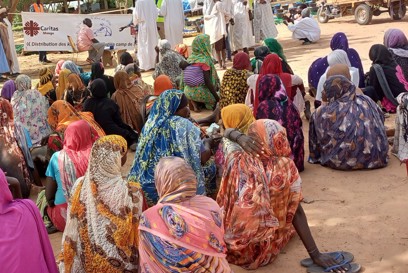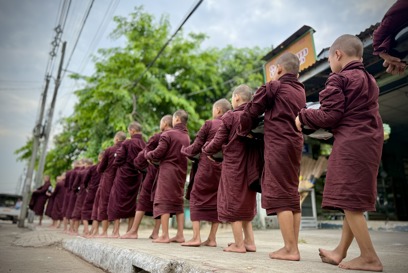Caritas agencies report that while we are still at the height of conflict with widespread bombing it is not safe to travel, but that a Rapid Response program is being prepared for launch as soon as it is possible.
On 22 October, the Rafah crossing with Egypt opened for the second consecutive day, allowing the entry of 14 trucks carrying food, water, and medical supplies. This is equivalent to about three per cent of the daily average volume of commodities entering Gaza prior to the hostilities.
Since the outbreak of the conflict, it is estimated that around 43 per cent of all housing in Gaza has been damaged or destroyed, leaving a population of 1.4 million internally displaced. The death toll has passed 5,000 with almost two thirds of these fatalities being women and children.
Sally Thomas, Humanitarian Emergencies Lead at Caritas Australia said, “The biggest fear is the death toll rising further due to dehydration and lack of medical care, as without painkillers for example things like surgeries become impossible. The response will directly address these needs, as well as shelter, food, and other daily essentials. Many existing supplies are at the border waiting for more aid to be safely let in, with the need for support expected to remain high for the foreseeable future.”
At present, the Caritas Internationalis network is providing psychosocial support remotely to staff based in Gaza. Regular calls are taking place where employees can share their feelings and give updates on the condition of their families, friends, and neighbours.

















